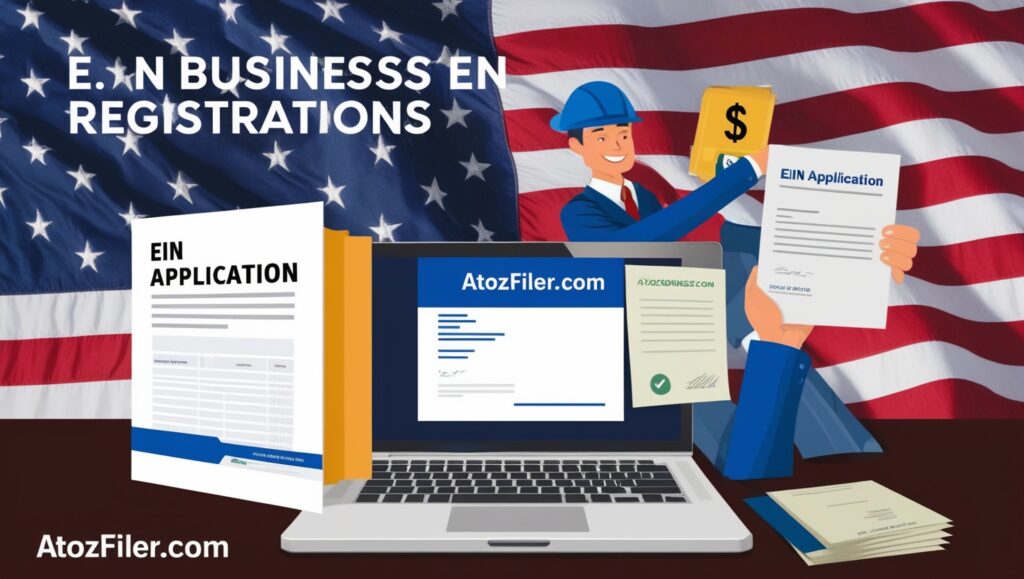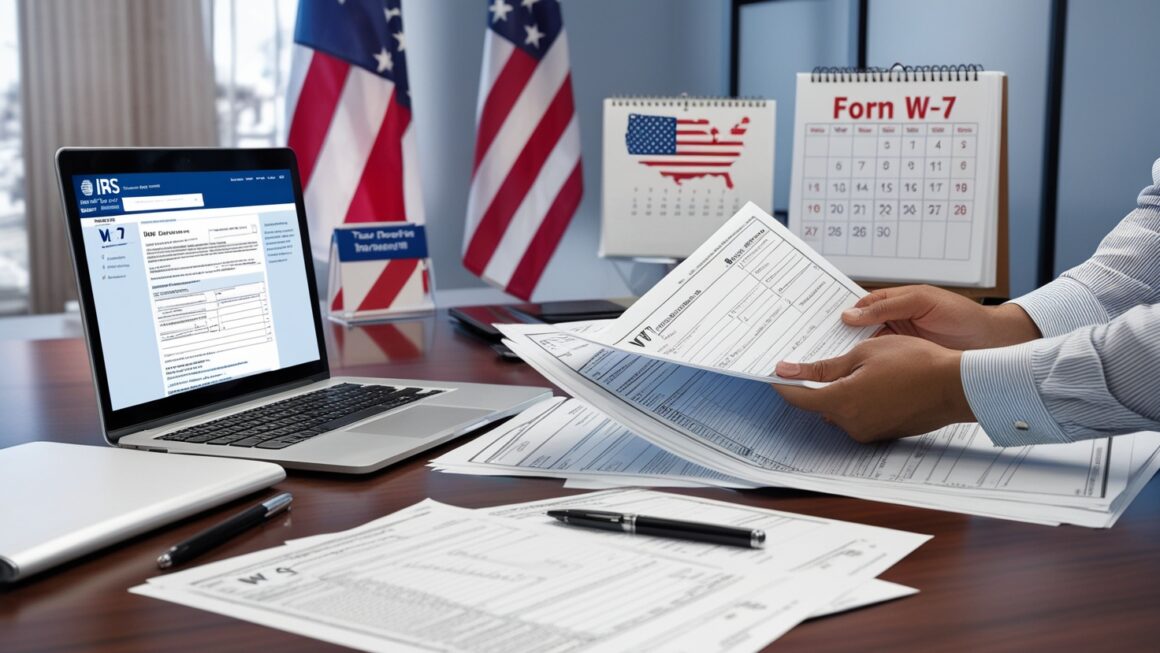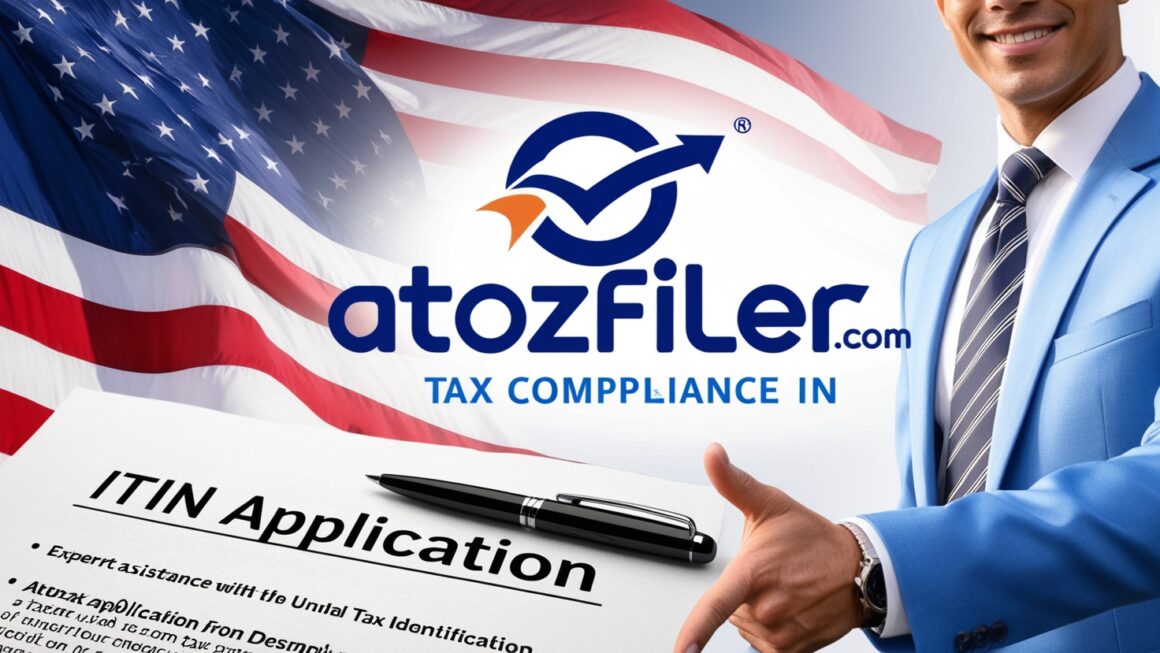Introduction
If you are starting a business in the United States, obtaining an Employer Identification Number (EIN) is crucial. Whether you are forming a Limited Liability Company (LLC), Corporation, or operating as a Sole Proprietor, an EIN is essential for tax reporting, hiring employees, and opening a business bank account. This article will guide you through the process of obtaining an EIN, its importance, and how it benefits different business structures.
What is an EIN?
An Employer Identification Number (EIN) is a unique nine-digit number assigned by the Internal Revenue Service (IRS) to businesses for tax identification purposes. It functions similarly to a Social Security Number (SSN) but is specifically used for business transactions.
Who Needs an EIN?
Not all businesses are legally required to have an EIN, but certain conditions make it necessary. You need an EIN if:
- Your business has employees.
- You operate as a Corporation or Partnership.
- You withhold taxes on income paid to non-resident aliens.
- You have a Keogh plan (a tax-deferred pension plan for self-employed individuals).
- You file excise tax returns.
Even if you are a Sole Proprietor without employees, having an EIN can provide credibility and separate your business from your personal identity.
EIN for LLCs
A Limited Liability Company (LLC) provides flexibility in taxation and liability protection for its owners (members). While single-member LLCs are not required to have an EIN unless they have employees, multi-member LLCs must obtain an EIN. LLCs electing to be taxed as a Corporation or Partnership also need an EIN.
Benefits of an EIN for LLCs
- Enables tax filing and compliance.
- Allows hiring of employees and payroll management.
- Helps in opening business bank accounts.
- Ensures separation of personal and business finances.
EIN for Corporations
Corporations, whether C-Corps or S-Corps, must obtain an EIN as they are separate legal entities from their owners. Corporations face stricter tax regulations and reporting requirements, making an EIN an essential component of their legal and financial structure.
Benefits of an EIN for Corporations
- Required for corporate tax filings.
- Enables hiring and payroll processing.
- Allows businesses to apply for credit and secure financing.
- Establishes business credibility.
EIN for Sole Proprietors
A Sole Proprietor operates a business under their own name and is personally liable for all debts and obligations. While Sole Proprietors can use their SSN for tax purposes, an EIN offers several advantages.
Benefits of an EIN for Sole Proprietors
- Protects personal identity by reducing the use of SSN.
- Helps in opening a separate business bank account.
- Required if hiring employees.
- Necessary for applying for business licenses and permits.
How to Apply for an EIN

Applying for an EIN is a straightforward process that can be completed online, by mail, fax, or telephone (for international applicants). The most efficient way is through the IRS website.
Steps to Apply for an EIN Online
- Visit the IRS Website: Navigate to the EIN application page on the IRS official site.
- Select Business Type: Choose whether you are applying as an LLC, Corporation, or Sole Proprietor.
- Provide Business Information: Enter details such as business name, address, and responsible party information.
- Answer Tax Questions: Indicate the purpose of your EIN application (e.g., hiring employees, tax reporting).
- Review and Submit: Double-check your information and submit the application.
- Receive Your EIN: Once approved, you will receive your EIN immediately via email or mail.
Common Mistakes to Avoid When Applying for an EIN
- Incorrect Business Entity Selection: Ensure you select the correct business structure.
- Using a Personal Address Instead of Business Address: Always use your official business address.
- Applying Multiple Times: Each business should have only one EIN. Duplicate applications can cause issues.
- Providing Incorrect Information: Any errors may delay the processing of your application.
How Long Does It Take to Get an EIN?
- Online Applications: Immediate issuance upon successful submission.
- Fax Applications: Typically processed within 4-5 business days.
- Mail Applications: Can take up to 4 weeks.
- Phone Applications (for international applicants): Processing times vary.
What to Do After Receiving Your EIN
Once you have your EIN, use it for:
- Opening a business bank account.
- Filing federal and state taxes.
- Applying for business licenses and permits.
- Setting up payroll if you have employees.
Conclusion
Obtaining an EIN is a vital step for LLCs, Corporations, and Sole Proprietors looking to operate legally and efficiently in the U.S. It simplifies tax filing, enhances credibility, and separates personal and business finances. If you need help applying for an EIN, AtoZFiler.com offers professional EIN filing services to ensure a hassle-free process. Apply now and take your business to the next level!




13 thoughts on “EIN Number for LLC, Corporation & Sole Proprietors – Apply Now”
Comments are closed.